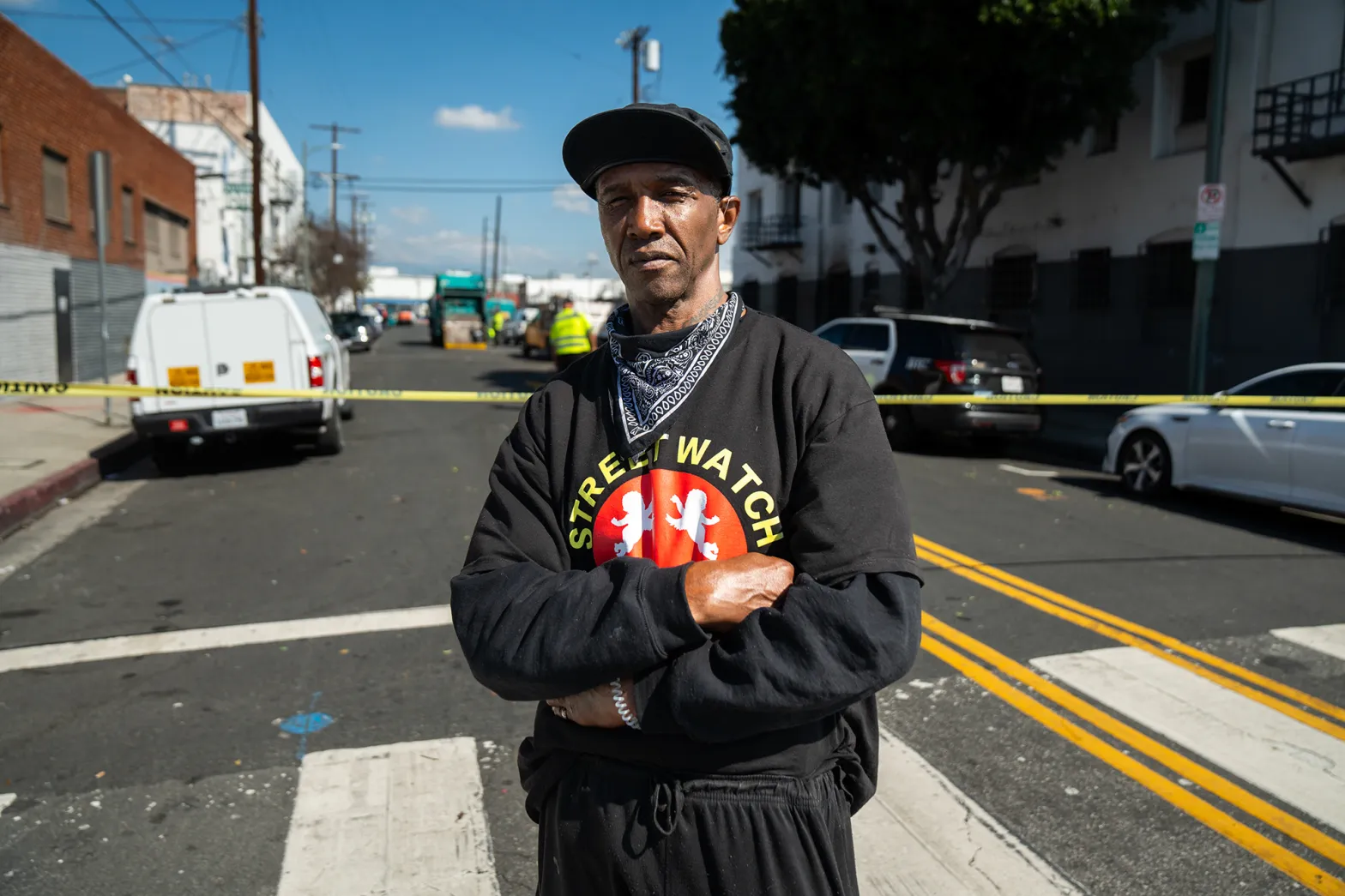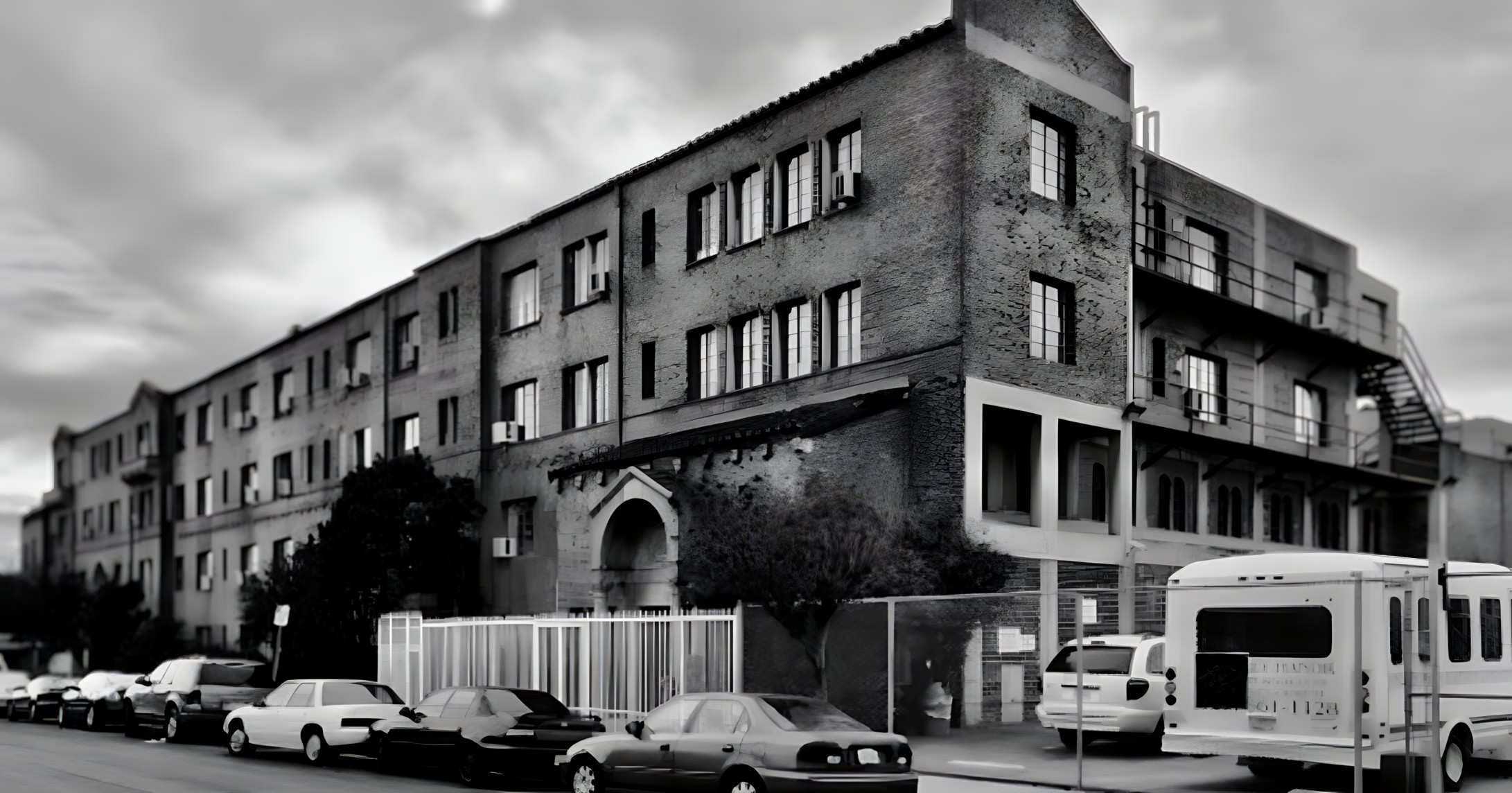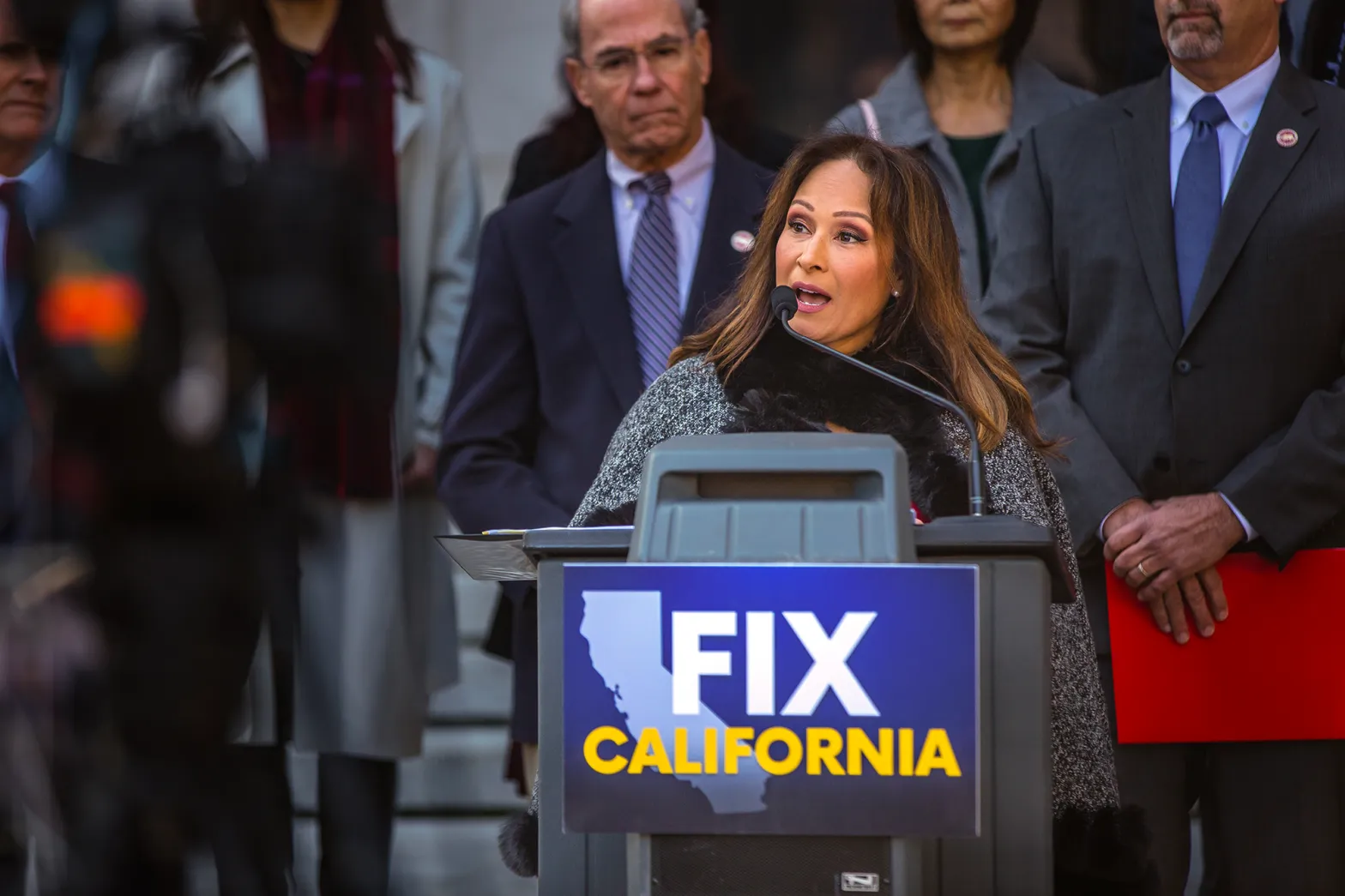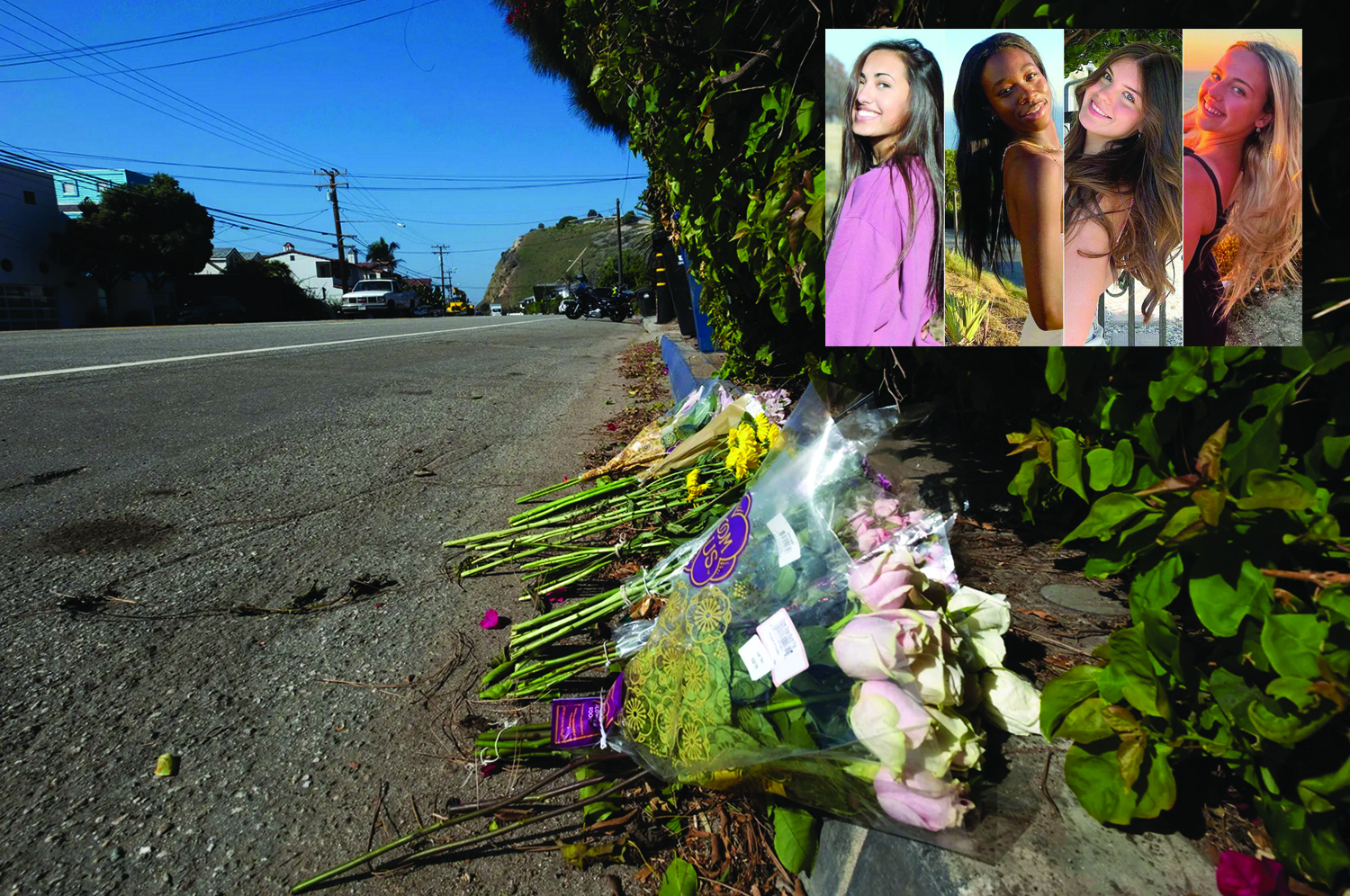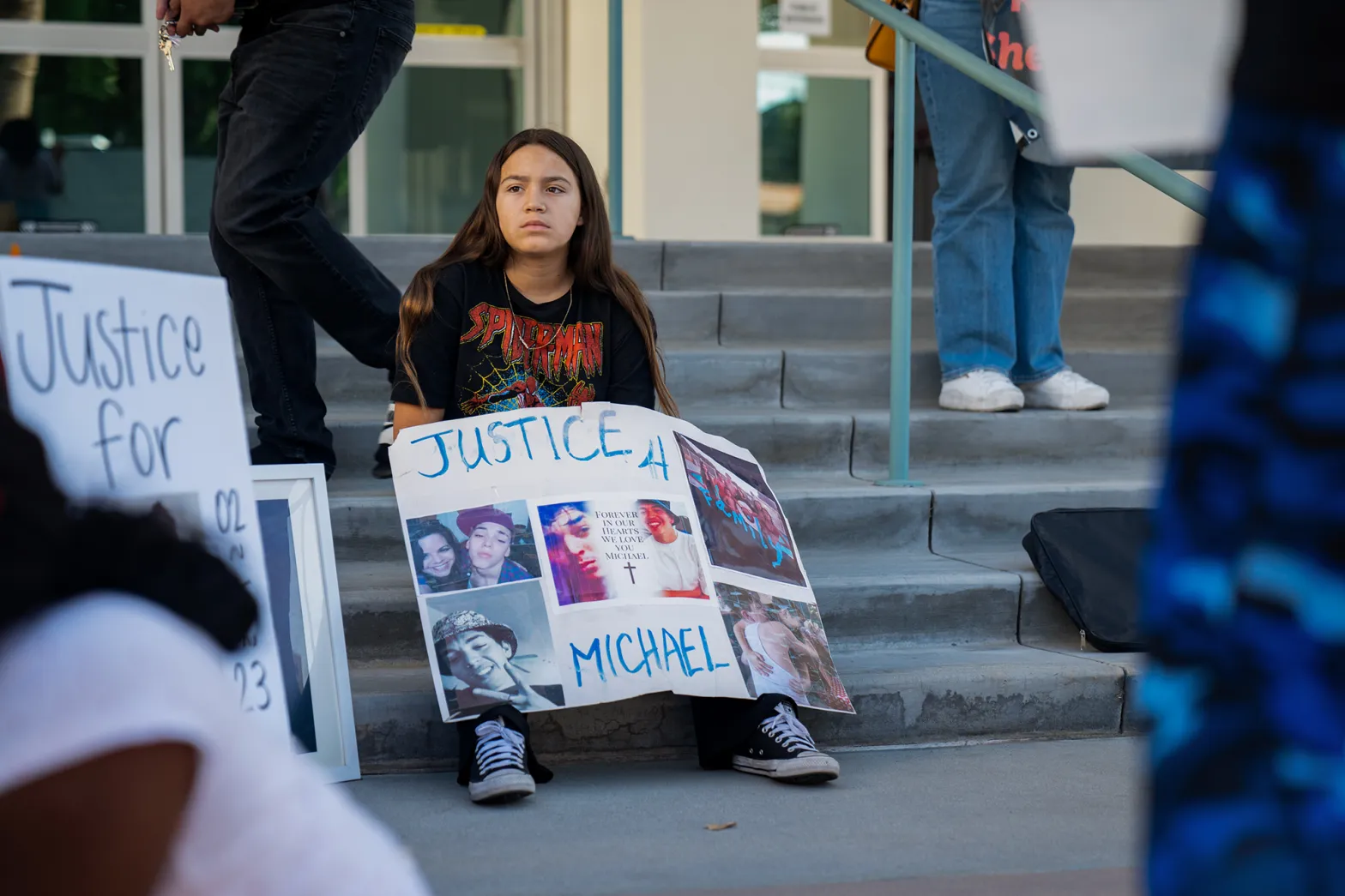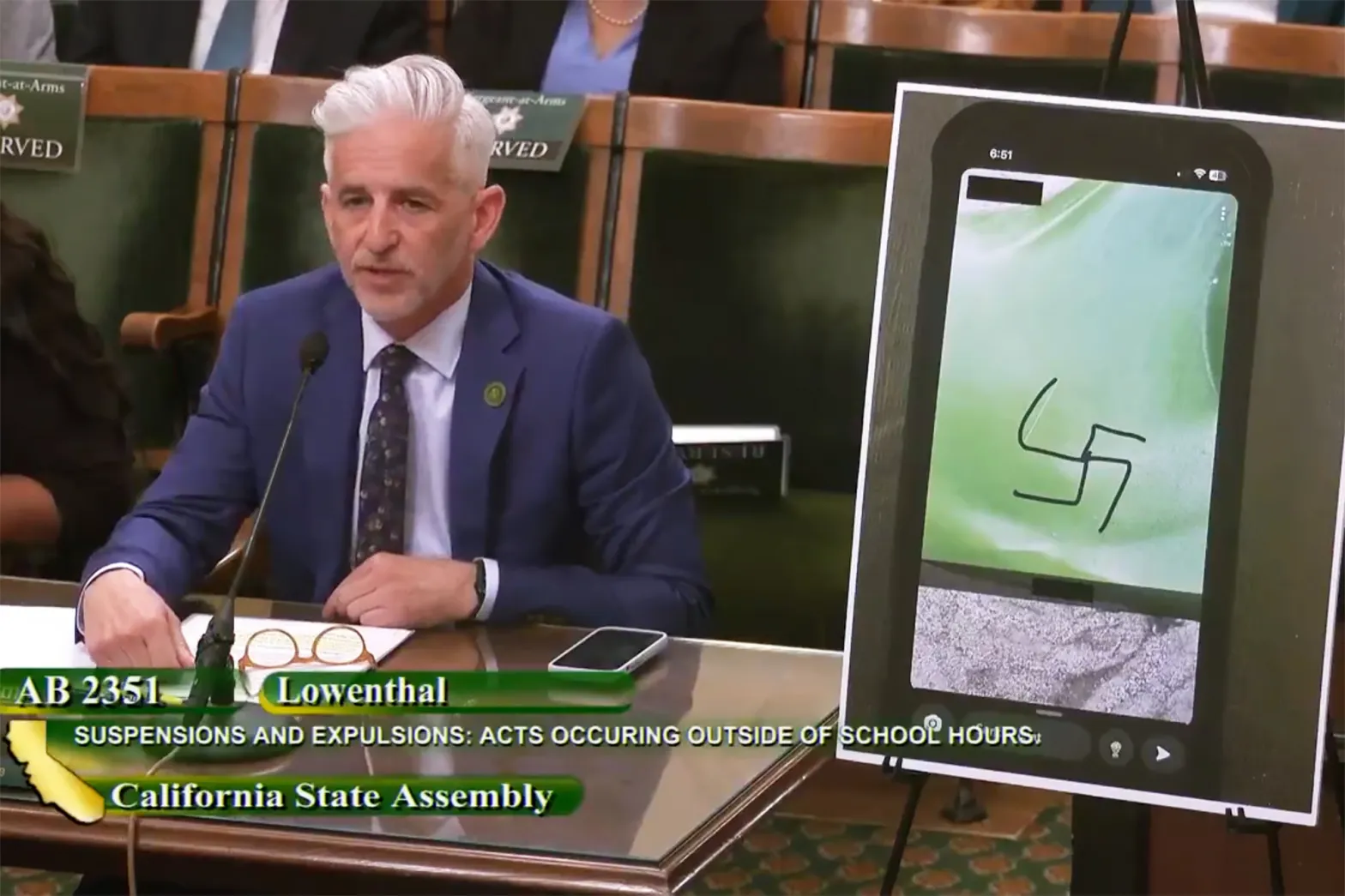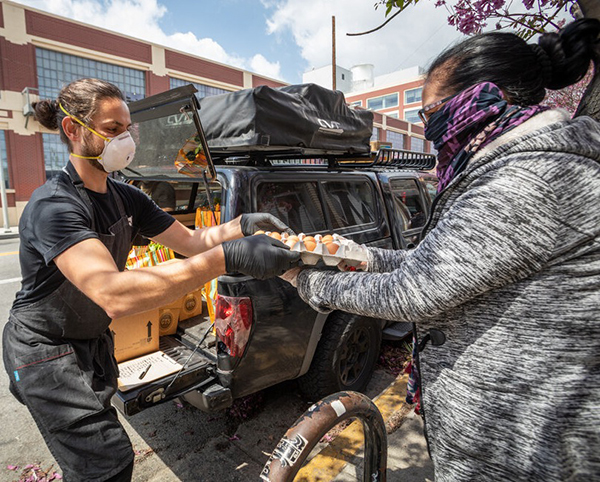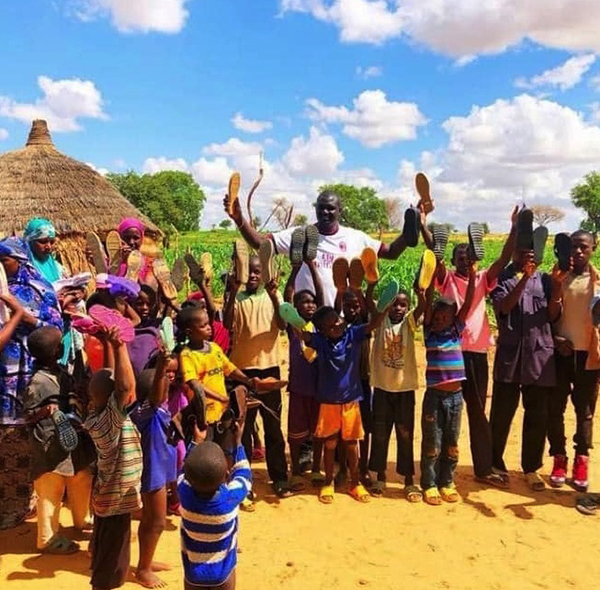MAKING A DIFFERENCE
By Darlene Donloe
Contributing Writer
When COVID-19 hit Los Angeles last March, forcing restaurants and bars to close, Othon Nolasco and his business partner and friend of eight years, Damian Diaz, immediately jumped into action to help a crucial, but sometimes forgotten segment of the workforce.
Out of work themselves due to the pandemic, Nolasco and Diaz, owners of Va’La Hospitality, a bar consulting company, wanted to do something to help.
“Our world was turned upside down overnight,” Nolasco said. “Our clients couldn’t afford to pay us anymore. The sense of normality was gone. So we put our heads together and thought of what we could do for others who were experiencing the same thing.”
Nolasco and Diaz realized a large percentage of the industry’s workers, considered “back of house” staff at restaurants, are undocumented immigrants. They knew they wouldn’t qualify for government assistance or unemployment benefits even though, reportedly, they are taxed every paycheck.
That’s when the friends decided Va’La would launch No Us Without You LA, a nonprofit that provides food security for undocumented “back of house” staff and their families.
It’s called No Us Without You, Nolasco said, because “without the hard-working undocumented back of house staff, which is about 75% of the staff, a lot of businesses would not be successful.”
“When the shutdown occurred, we saw a lot of GoFundMe campaigns pop up for the ‘front of house’ staff like bartenders and servers,” said Nolasco, who grew up in Boyle Heights. “We were frustrated thinking about our friends who were undocumented. They are the ones doing the prep work. They are the bussers, line cooks, porters and dishwashers. They were about to lose their entire source of income. We knew there was no chance for them to get government assistance or unemployment.”
Nolasco, 40, and Diaz worried about what would happen when their friends and colleagues didn’t have enough food to feed their families.
“We reached out to some of our undocumented friends,” Nolasco said. “They said they only had enough money for about a week. They expected to go back to work in two weeks. They got scared when we told them no one is going back in two weeks. That’s when we knew we had to do something.”
So Nolasco and Diaz bought $400 worth of food out of their own pockets and divided it up.
“Damien figured we could feed a family of four for $33 a week,” said Nolasco. “We bought rice, beans, and other produce. The first week we fed 10 families. The next week we did the same thing.”
Nolasco said they got the word out through social media. Their friends and family members, and even some of their peers started donating.
“It spread from there,” Nolasco. “It just took off. In 48 hours we had enough money to feed 60 families. Two days later we were able to feed 100 families.”
Nolasco said every week thereafter the number of families they were able to feed grew exponentially. They now feed 1,500 families per week through sponsors and donations. The program also includes helping street vendors and building cleaning crews.
Food bags are filled with staples and with items commonly used by persons of Latin descent.
“The approach was to fill them with familiar items for workers from Latin countries because most of them are of Latino or Latinx backgrounds,” Nolasco said. “We want the foods to have a longer shelf life. We wanted to make it worthwhile. We wanted it to last more than a week. Each family gets 100 pounds of food which helps sustain their family of four for up to a week.”
No Us Without You is not a food bank, and not everyone is eligible to get food. Before someone can get on the list, they are vetted through an online questionnaire confirming that they can’t receive any federal relief.
“No one can just walk up and get food,” Nolasco said. “We have to budget for the week. We don’t just feed them once. We have fed some of the families for the last seven months.”
Food is distributed at undisclosed locations. There is also a delivery system three times a week. Because it has to remain confidential due to a recipient’s status, a driver will text recipients when they have arrived at the pickup location.
“Pretty early on we realized this is what we needed to do,” Nolasco said. “We needed to help people. Everyone knew someone who needed help. We talked to restaurant owners who told us about their workers. Our entire staff is people we worked with at bars. They are chefs and bartenders. Everyone knew this was important.”
Nolasco and Diaz decided to become a nonprofit so that they could get corporate sponsorship, which would allow them to feed more families.
“We got lucky,” Nolasco said. “A wonderful lady at the United Way of Los Angeles vetted us and granted us $50,000 to disburse as a grant to families in the program that were in danger of being evicted. They were undocumented and without citizenship. We had families who were told if they didn’t pay something, they would be kicked out.
“We received 50 checks for $1,000 each. It kept them from being kicked out on the street. United Way is a wonderful organization. Because of them, we were able to get other sponsors who believed in what we were doing.”
The partners don’t take lightly the significance of what they are doing, but they quickly found out, not everyone agrees with their efforts.
“What we’re doing is so important,” Nolasco said. “What we’re seeing right now is that there are two sets of rules. The racism is out in the open. We have people send us not so nice emails about feeding illegal immigrants. We’re just humans feeding humans.
“We’re feeding mothers and their children. We live in America. There is so much food that goes to waste. I would want someone to take care of my family. It’s so easy to be separated from everything and be separated from each other. This is a social crisis. We’re all human. Food is a basic human need.”
No Us Without You LA’s initiative has expanded to include free tutoring, job placement, and feeding the Hollenbeck neighborhood in Boyle Heights.
“Everything we do, all of this comes from the best portion of our hearts,” Nolasco said.
“Making a Difference” is a weekly feature profiling organizations that are serving their communities. To propose a “Making a Difference” profile, send an email to newsroom@wavepublication.com.

